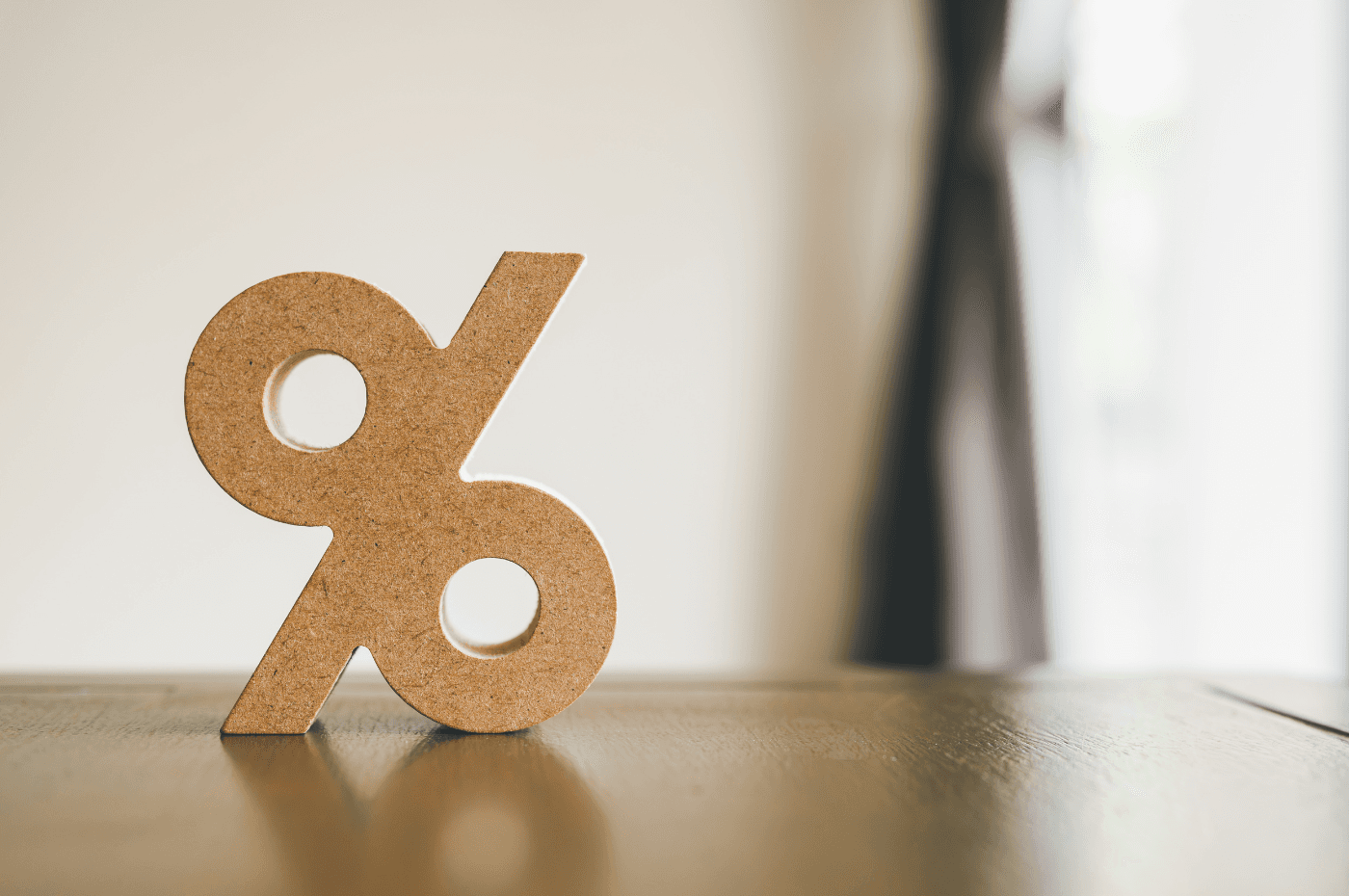Are you considering taking out a mortgage to buy a house? Financial institutions provide various types of mortgages, one of which is the collateral mortgage.
Se, what exactly is a collateral mortgage? Let’s explore its advantages and disadvantages to help you make an informed decision. Here’s a straightforward overview of this type of mortgage loan.
What is a collateral mortgage?
You may know collateral mortgages by various names, such as the umbrella mortgage, or equity release. But what do they really entail?
A collateral mortgage allows you to secure additional financing against your property, often at favourable rates. It covers not only the amount you initially borrowed but also any other current or future debts, such as line of credit, personal loans, or car loans. Each of these additional debts comes with its own terms.
This gives lenders more rights compared to traditional mortgages. In fact, some financial institutions have moved away from traditional mortgages altogether, opting to offer only collateral mortgages.
Collateral mortgages: how do they work?
Curious about this type of financing? Let’s dive deeper into how it works and explore the possibilities with the additional funds you can access.
Qualification requirements
Like any mortgage, qualifying for a collateral mortgage requires meeting certain criteria set by the bank. While specific requirements may differ between lenders, you will generally need to demonstrate sufficient financial capacity and maintain a solid credit history.

Mortgage security deed
For a collateral mortgage, the bank will require you to sign a mortgage security deed instead of a traditional mortgage loan agreement. This is because, in this arrangement, the lender and the borrower create a separate loan agreement that outlines the specific terms of the loan, distinct from the mortgage itself.
Additional funds
In a collateral mortgage, the registered amount is typically higher than the amount borrowed for your home. For instance, if you need a mortgage of $275,000, the registered amount might be $350,000 to also cover other current or future debts with the same bank.
This difference between the registered amount and the amount provided for your property purchase allows you to access additional funds, subject to the lender’s approval. However, it’s important to note that a collateral mortgage does not automatically guarantee extra financing.
If you’re considering a costly renovation, a collateral mortgage can simplify the process of obtaining the financing you need. Unlike a traditional mortgage, where you’d have to reapply for a loan and potentially incur additional costs, it can offer more flexibility.
Financing another property with no down payment
In addition, facilitating certain projects, many people find that a collateral mortgage is an effective strategy for purchasing another property by tapping into the equity in their home.
Once you’ve paid down your mortgage enough to build equity, you can leverage your home as collateral to buy another property, like a vacation home. This approach allows you to finance your new purchase without needing a cash down payment, while also sidestepping the costs typically associated with refinancing.
It’s important to note that the funds used aren’t cash, and no actual transfer takes place. Instead, the mortgage balance simply increased to accommodate the new debt.

Collateral mortgages: what are the advantages and disadvantages?
Getting a collateral mortgage can have many advantages:
- Provides more flexibility than other credit options.
- Allows you to leverage your home as collateral, improving your borrowing potential.
- Typically offers more favourable interest rates on loans secure by the collateral.
- Enables you to secure several loans while avoiding notary fees, as it can be reused up to the maximum registered amount.
However, there are also risks associated with a collateral mortgage:
- Easier access to credit might lead you to borrow more than you need.
- If you have multiple co-borrowers, the mortgage secures their debts as well, which could make you liable for any of those debts.
- Transferring a collateral mortgage can be more complicated, potentially limiting your options at renewal and reducing your bargaining power.
- Obtaining a discharge of your mortgage can be more challenging, as you might need to repay all debts associated with the financial institution.
What type of mortgage should you choose?
Are you considering a collateral mortgage? Before you make a final decision, it’s crucial to compare all your options to ensure you choose the best one for your needs. In additional to a collateral mortgage, there are several other types of mortgages that might be better suited to your situation:
- Conventional mortgage
- High-ratio mortgage
- Open mortgage
- Closed mortgage
Each type comes with its own advantages and disadvantages. To fully understand the differences and find the best fit, don’t hesitate to consult a mortgage broker.
Are you looking to secure a mortgage?
XpertSource.com can help you in your efforts to find a mortgage broker. By telling us about your project, we will refer you to top-rated experts, free of charge! Simply fill out the form (it only takes 2 minutes) and you will be put in contact with the right experts.





